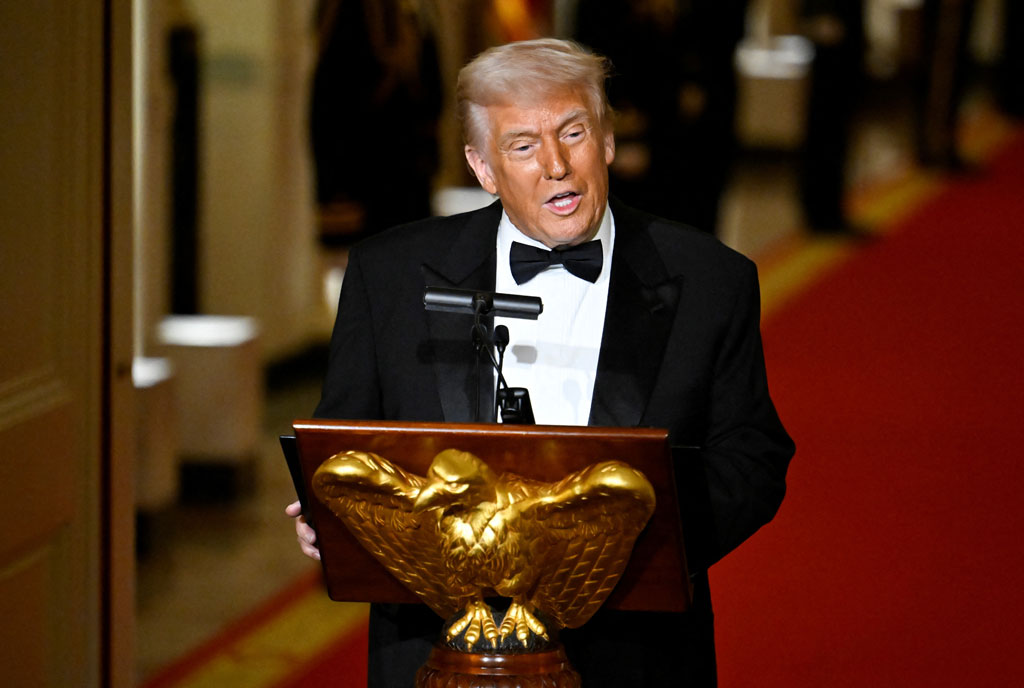Tanzania, Uganda insurance players ink deal for oil pipeline premiums

What you need to know:
- “The consortium will enable us to speak the same language. We insure oil and gas for the first time so we didn’t have enough necessary skills. The percentage agreed is five percent of retention and we will work closely together on this,”
Dar es Salaam. Insurers from Tanzania and Uganda have agreed to form a consortium that will ensure that five percent of premiums are retained locally under local content in the East Africa Crude Oil Pipeline (Eacop).
This comes as actual construction of the Eacop is slated to begin in July, this year and first oil output is anticipated in 2025.
Uganda Association of Insurers (UAI) and Association of Tanzania Insurers (ATI) said at the weekend that globally, oil firms would prefer to do everything offshore as many have their own insurance companies.
“The consortium will enable us to speak the same language. We insure oil and gas for the first time so we didn’t have enough necessary skills. The percentage agreed is five percent of retention and we will work closely together on this,” said the chairman for UAI, Mr Latimer Mukasa.
Mr Mukasa was speaking in Dar es Salaam at the weekend when the two associations met for the purpose of discussing ways of working together.
“We had a very good day. We met with Tanzania Insurance Regulatory (Tira), National Insurance Corporation (NIC) and Tanre because those are key players in this project,” he said.
Upon completion in 2025, Eacop will be transporting 216,000 barrels of oil per day from Hoima in Uganda’s Lake Albert region to the Tanzania Indian ocean port of Tanga, spanning a distance of 1,443km.
TotalEnergies and China National Offshore Oil Corporation took the Final Investment Decision in February to invest $10 billion toward production and transportation infrastructure to drill, produce and commercialize Uganda’s oil.
The ATI chairman, Mr Khamis Suleiman, said that local insurers lack the required capital to insure large projects, saying their consortium would help in getting some amount of premiums and commission.
“We have taken this project as part of leering and gaining experience but also to make auditing to ensure a certain amount remains in the country so that it can help to boost the insurance sector. The consortium will help both of us to speak the same language. That means after we conclude no one will allow us to come up with different ideas,” he said
He said the pending task between the two parties was agree on how the issue of premium would be paid.




